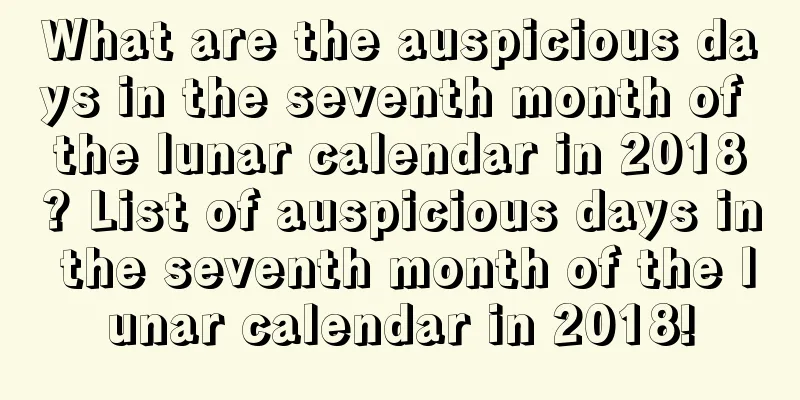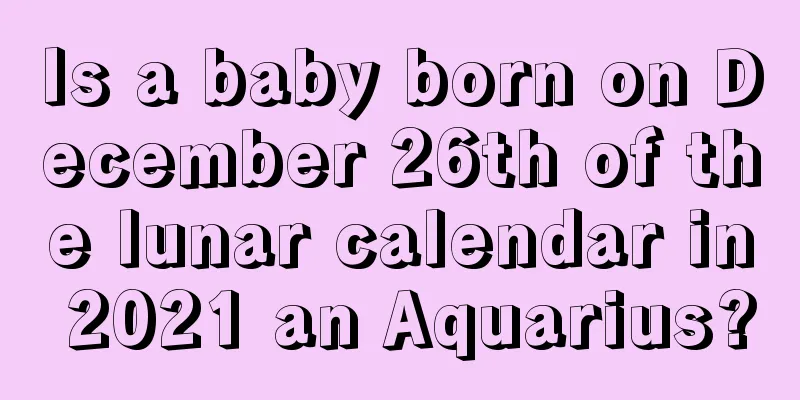Feng Shui Story: The Feng Shui Story of the Richest Man Wang Jianlin

|
After his "small goals" became popular, Wang Jianlin became more well-known to the public. It is said that the ancestors' graves will make descendants rich. In such a fiercely competitive society, Wang Jianlin can still become the richest man in China. Is this also related to the feng shui of his ancestors? Let's take a look at what kind of feng shui stories and legends the richest man's family has. Wang Jianlin's ancestral home is in Yuanba Town, Cangxi County, Guangyuan City, Sichuan Province. Locals said that Yuanba's terrain is high, medium and low, with the remnants of five large mountains pointing to the local area, which is called "Five Dragons Gathering Tail", gathering the essence of all directions in one place. The top of the largest mountain is where the Wang family’s ancestral home and ancestral tomb are located. In the past, people often said that this place has too much gas (Note: 3 kilometers away from here is the Yuanba gas field, one of the three largest onshore gas fields in China. and the location of China's largest natural gas well) and the Dong River turns here, with Cangshan Mountain above and Qingxi River below. It is an excellent place for feng shui. Therefore, only with the blessing of such feng shui can one achieve success in one's career. According to tomb Feng Shui, after the deceased is buried, the true Qi will combine with the Qi of the cave to form the vital energy, which will have an impact on the fortune of the living relatives through the communication between Yin and Yang. The yin and yang energies, when exhaled, become wind, when rising to the sky they become clouds, when falling down they become rain, and when flowing underground they become vital energy. The vital energy circulates underground, and as it grows it can nourish all things. Human beings are the crystallization of the father's sperm and the mother's blood, so human beings are also the crystallization of the yin and yang energies. Every living person has yin and yang energies. After death, the physical body disappears, but the yin and yang energies do not disappear. When a person is alive, his qi gathers and condenses in his bones. Even when a person dies, his bones do not disappear, so his qi is still alive. Therefore, the person who is buried should look for a lively tomb so that the living energy and the immortal yin and yang energy can combine to protect the living relatives. The scriptures say: When a person dies, he has qi that can be sensed and affect the living. This perception is based on facts. For example, if a copper-producing mountain in the west collapses, the copper bell in the east will ring without being struck. This is induction. For example, when spring comes, trees sprout leaves and bloom, and wheat seeds stored at home will automatically sprout. Qi runs underground. When it runs, it follows the terrain. When it gathers, it also stops along the terrain. The stone bones of the hills and the raised ridges on the ground are all signs of the flow of Qi. The scriptures say: Qi will dissipate if blown by wind and will stop if it encounters boundary water. Ancient people gathered Qi to prevent it from dissipating, and used boundary water to restrict it from flowing, so they called it Feng Shui. According to the rules of Feng Shui, having water is the best, and being able to hide the wind is the second requirement. Why do I say so? Because even if the qi is running in a grand manner, its residual qi will stop and although it is scattered, the deep qi will also have a place to gather. The scriptures say: Water flowing outside the soil is called external air. This is what it means when the external air runs rampant and becomes boundary water, the vital energy within the soil naturally stops gathering. The scriptures also say: If the depth and shallowness are properly matched, the Feng Shui will naturally be formed. Earth is the mother of vitality, and there is vitality only when there is earth. Qi is the mother of water, and there is water only when there is qi. Therefore, the air hidden in dry and hot places is shallow, and the air hidden in flat areas is deep. Ancient Chinese tombs are a complex cultural phenomenon, and the choice of tomb site depends on Feng Shui. Since ancient times, people have attached great importance to the selection of cemeteries. The factors that the ancients considered when choosing a cemetery are as follows: first, near the capital, where the feng shui is naturally good; second, hometown, fiefdom or ancestral home, which conforms to the traditional concept of returning to one's roots; third, the place of death, such as office, battlefield, etc., which is often subject to the situation, such as traffic constraints; fourth, other places, such as places one longed for during lifetime. But generally people have to choose a place with "light in front and support behind", that is, there is water flowing in front, there are mountains behind, and there are green mountains in the area, which means that the cemetery should be backed by mountains and face water. |
<<: The relationship between fish tank and home fortune
>>: Illustration of Feng Shui placement of fish tanks at home, beautiful and fortune-attracting!
Recommend
Is it suitable to move graves on the 21st day of the seventh lunar month in 2019? Is today's hexagram auspicious?
Introduction: Relocating graves is also an importa...
When is Frost Descent in 2017? Can we open a business during the Frost Descent Festival?
Introduction: Frost’s Descent is no stranger to ev...
Analysis of the fate of boys born on the 12th day of the seventh lunar month in 2020
The fate of a boy is also related to the time he w...
Is it a good idea to move during the Mid-Autumn Festival in 2018? Things to note when moving
Chinese people pay attention to the word "aus...
Is the second day of the fourth lunar month in 2019, the beginning of summer, a suitable day to pick up a car? Why do we have to hang an egg on the beginning of summer?
Introduction: The Beginning of Summer is one of th...
What will a pig boy like if he was born on the eleventh day of the twelfth lunar month in 2019? What will his fate and fortune be like?
Fortune includes marriage, wealth, career, health,...
How about the sixth day of the sixth lunar month in 2018? Can it be renovated?
The almanac, which is related to the lunar calenda...
What are the do's and don'ts on the 28th day of the eighth lunar month in 2017?
August is a wonderful month because it has the be...
Is it okay for a baby girl to be born on December 18th of the lunar calendar in 2021? How is fate?
The fate of a girl is related to the time of her b...
Why can’t we move in the seventh month of the lunar calendar? Does the seventh month of the lunar calendar in 2019 have 30 days?
According to legend, the gates of hell are open fo...
Is the 24th day of the sixth lunar month in 2018 a good day to worship ancestors?
Ancestor worship and praying for blessings have pr...
Is it suitable to get a haircut on October 17th of the lunar calendar in 2021? What are the rules and taboos for hair cutting?
The tenth month of the lunar calendar is approachi...
Will it still be hot after White Dew in 2022? Will the weather turn cooler?
Around the White Dew solar term, most parts of nor...
Is October 17, 2020 an auspicious day for signing a contract? Check the auspicious position of the God of Wealth on December 1
Introduction: It is also necessary to choose an au...
What are the things you should and should not do on December 30th of the lunar calendar in 2018?
It is the twelfth month of the lunar calendar in ...









